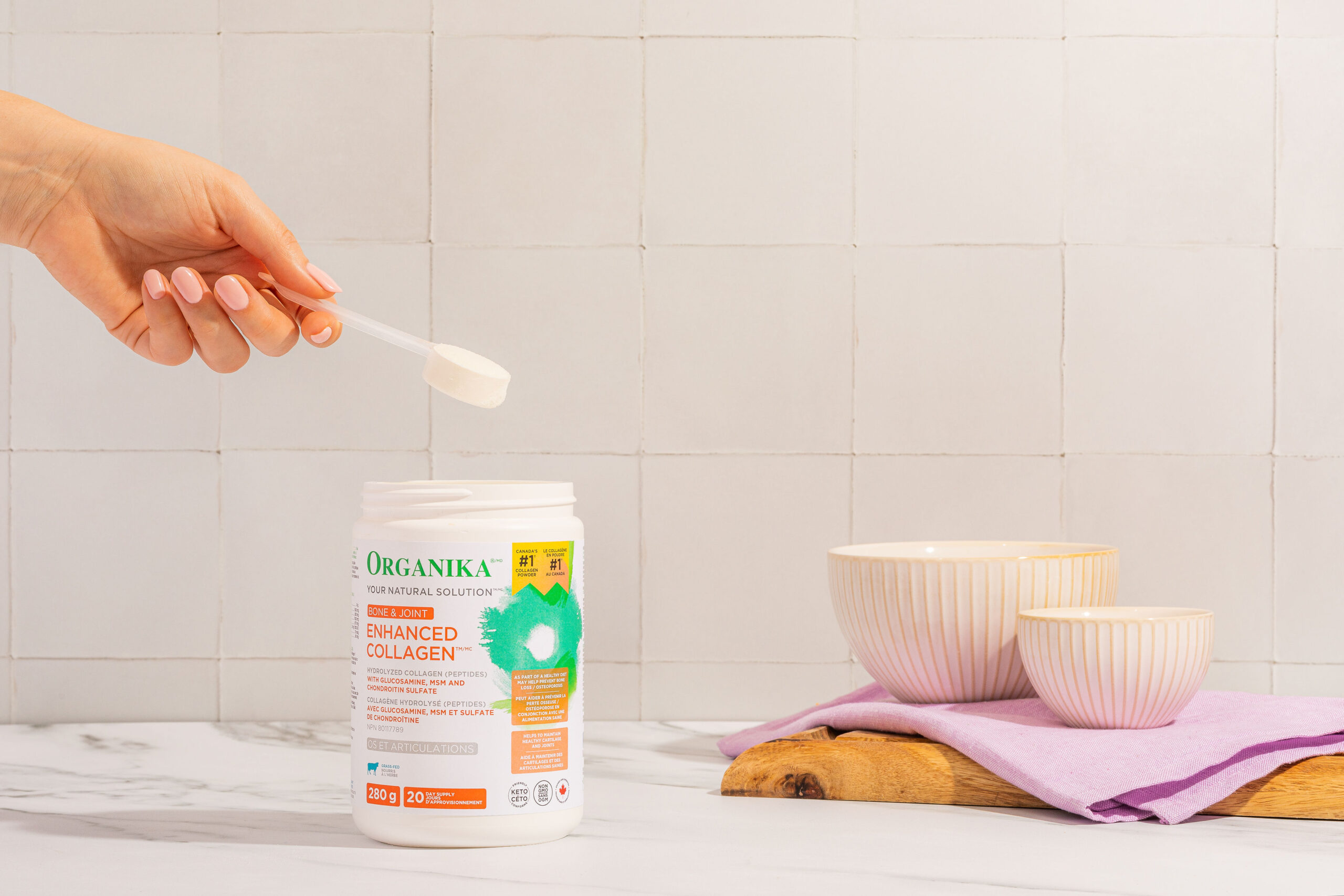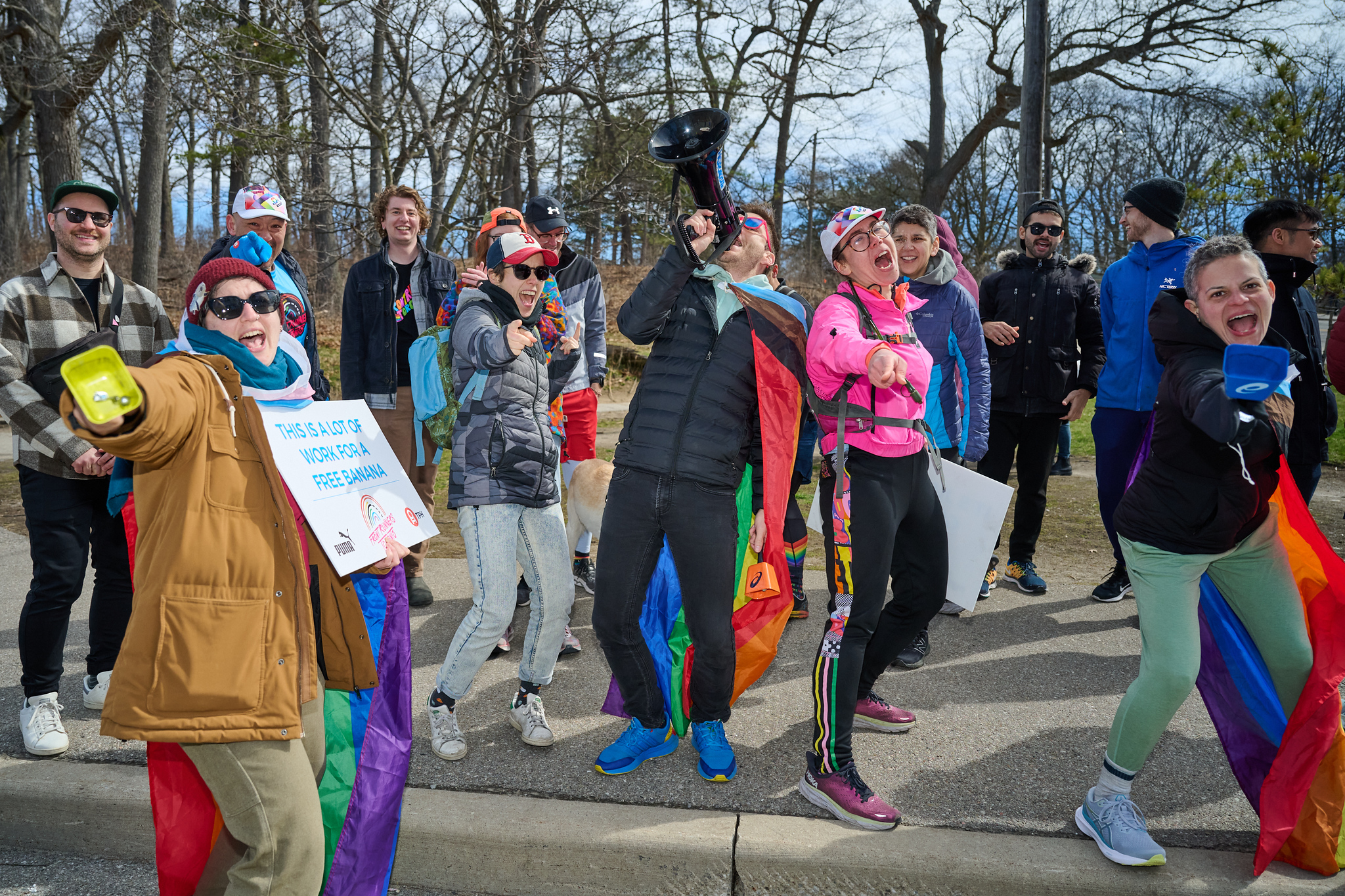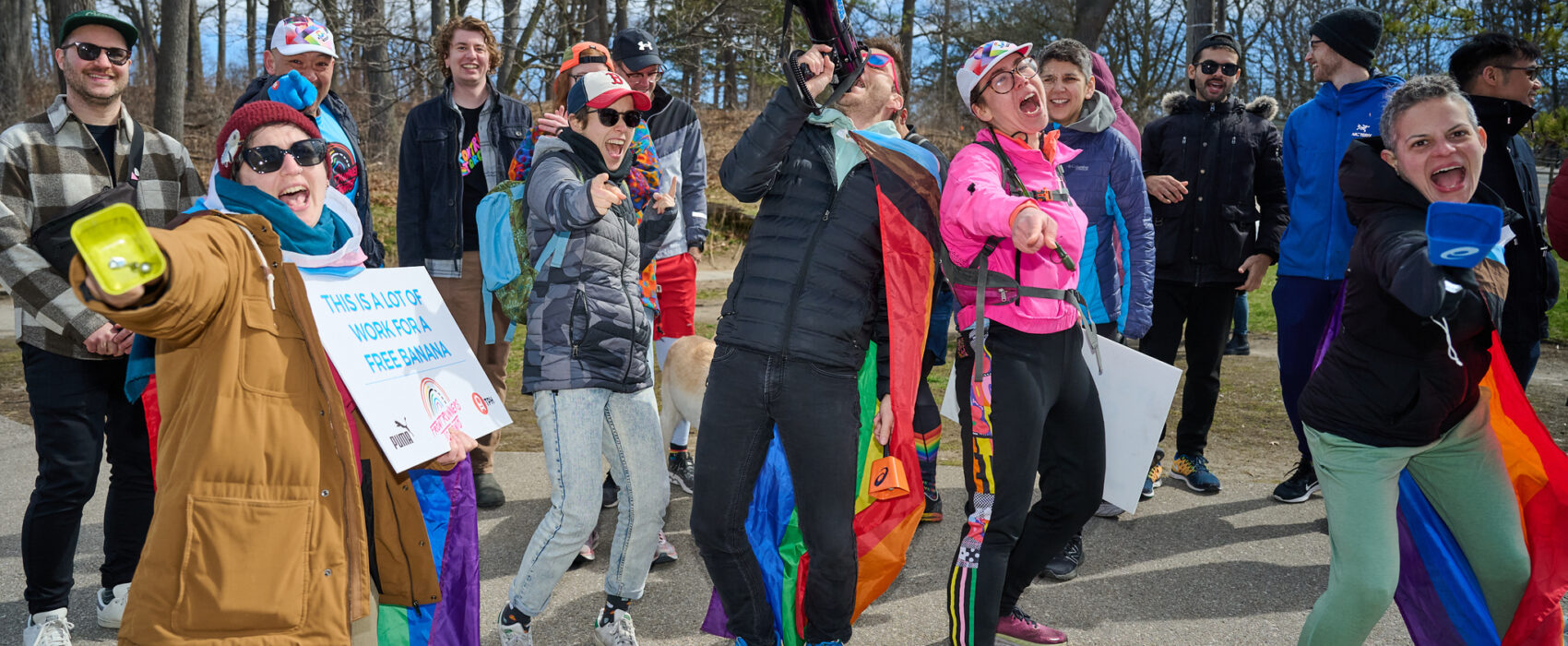
Let’s be honest, injuries suck! No one likes to get injured, but the stats are clear, 50% of runners will experience an injury in a given year (Bramah, 2018). Injuries are multifactorial, meaning that there are many root causes. The main reason injuries happen is because the load has exceeded our bodies capacity to adapt. SO if there was something you could do to help prevent injuries from occurring, wouldn’t you want to?
Let’s also break down running. Running is jumping from one foot to the other with about 2.5-6x your body weight of force with each step, with about ~1000 steps PER kilometer! When we break it down, it is obvious why we should try to keep our bones and joints healthy.
Here are some injury prevention tips that you can include in your training plan:
- Strength training is one way to keep running strong.
- It is important to keep in mind that every run has a purpose. Sometimes that purpose is to be easy and recover. It is important to not overdo it on these easy days as it can overload the body so it cannot recover.
- Optimizing your running gait has also been shown to improve your injury risk (Chan, 2017).
- It is also important to fuel appropriately for the training demands.
Common running injuries include muscle strains, tendinopathy and joint related injuries. Most commonly injured areas are knee, foot and lower leg (Bramah, 2018). So it becomes important to make sure we are doing everything we can do to support the above tissues.
Collagen can be a great addition to a runner’s routine in order to help with these common ailments. In a 2022 study collagen was found to promote connective tissue recovery, decrease pain, improve strength and body composition (Kviatkovsky). Another 2022 study found collagen had promising benefits for the treatment and prevention of tendinopathy (Hijlkema). As we age, the collagen we produce decreases, so supplementation can be a great way to get what we need.
There are three types of collagen:
Type 2– joints and cartilage
Type 1 & 3– muscle tendon, skin, hair
It is important to make sure you are taking the correct collagen for the benefit you want.
If you want to try adding this to your routine, be sure to consult a healthcare practitioner and also be aware that noticeable results may take up to six months.
Another common injury is bone stress injuries such as stress reactions and fractures. It is important that runners keep their bones strong. Our bone mineral density is at its peak at age 25. As we age and accumulate miles on the pavement, it can be helpful to have supplements to promote strong bones.
Running is catabolic, meaning it breaks tissues down, and so if you are doing a lot of it, it can be detrimental to bone health. Taking things such as bone broth and vitamin D can help to keep the bones strong for the long run. It is also vital you are consuming enough calories for the output.
Lastly, sleep is hugely important when it comes to injuries and injury prevention. We recover when we sleep, so if you are not sleeping optimally, you are not recovering optimally. Magnesium can be a great addition to your sleep routine while also helping to decrease muscle cramping.
When it comes to running, injuries are common, but there is a lot that can be done with supplementation to help prevent and minimize these potential setbacks!
References:
Bramah et al., 2018. Is there a pathological gait associated with common soft tissue injuries? The American Journal of Sports Medicine.
Chan et al., (2017). Gait Retraining for the Reduction of Injury Occurrence in Novice Distance Runners: 1-Year Follow-up of a Randomized Controlled Trial. American Journal of Sports Medicine.
Hijlkema et al., 2022. The impact of nutrition on tendon health and tendinopathy: a systematic review. Journal of the international Society of Sports Nutrition.
Kviatkovsky et al., 2022. Collagen peptide supplementation for pain and function: is it effective. Nutrition & physiological function.
Stacy sims blog
Bio: Dr. Brittany Moran
Dr. Brittany Moran is a Toronto based chiropractor, run coach & runner. She works at The Runner’s Academy as a chiropractor and is the founder and head coach of StrideWise Running. In her spare time, Brittany trains for marathons at a sub elite level with a personal best of 2:33.
Instagram: @torunningchiro / @stridewiserunning / @therunnersacademy







